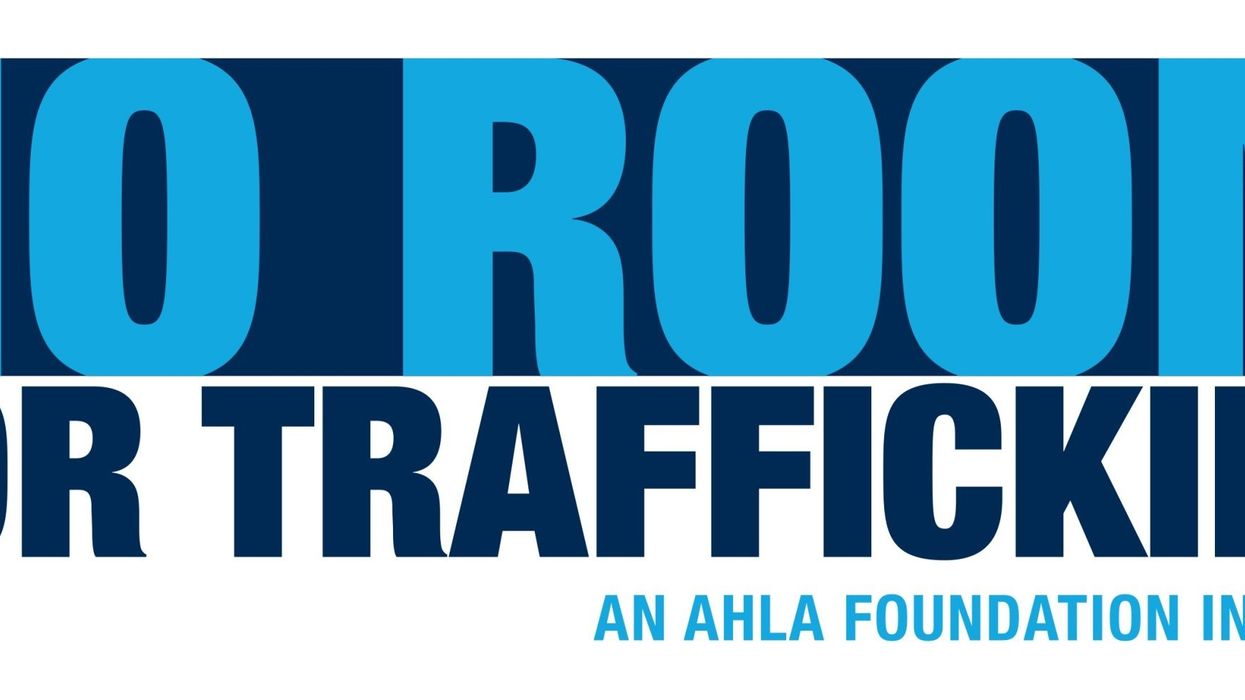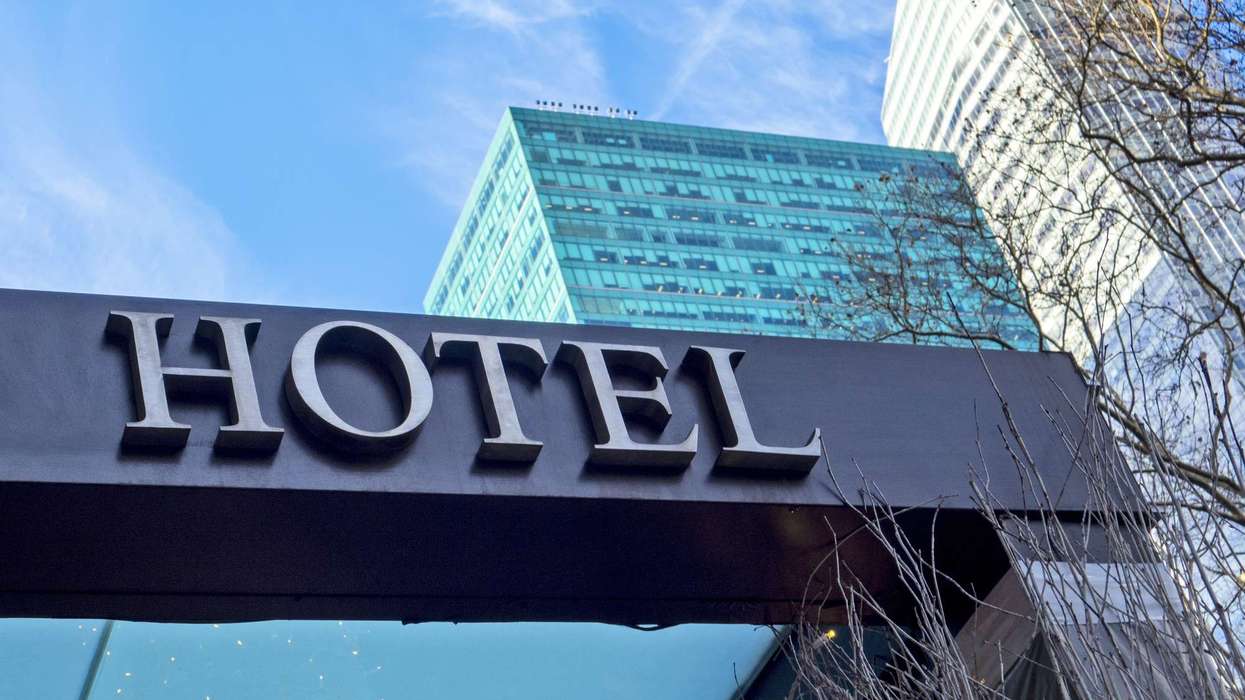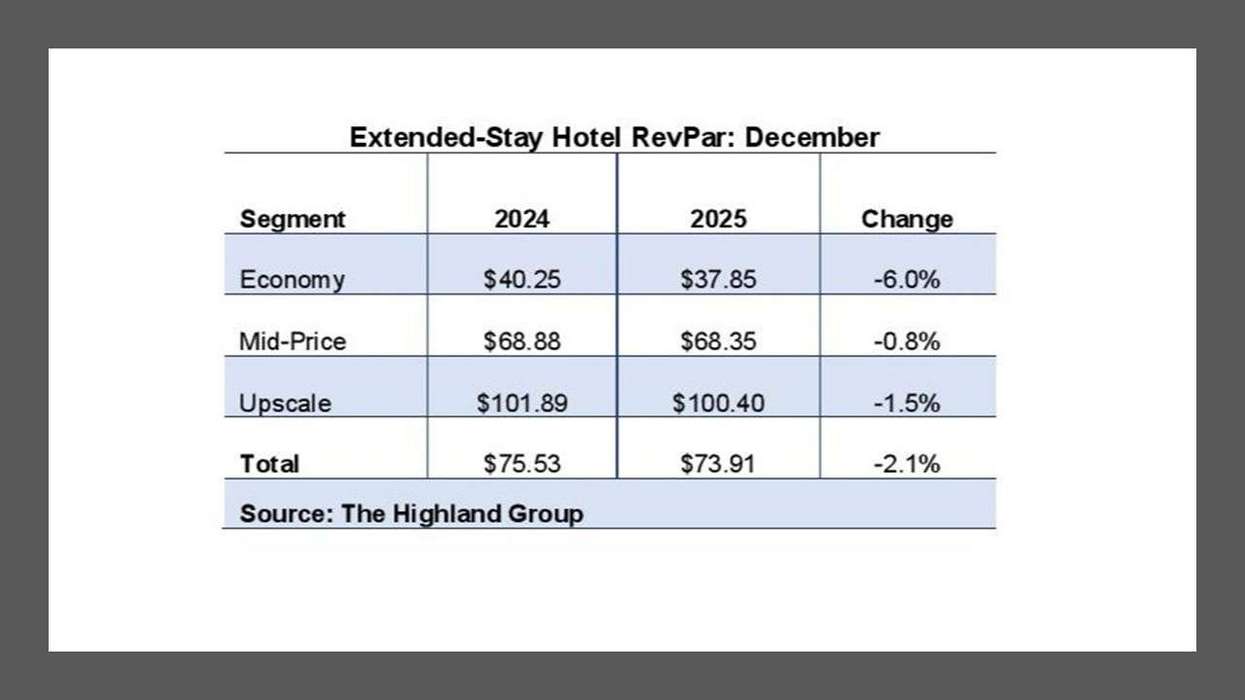AHLA Human Trafficking Bill
THE RECENTLY INTRODUCED “Human Trafficking Awareness Training Recognition Act” aims to expand the Department of Homeland Security’s “Blue Campaign” by establishing an annual certificate program for employers to train employees in human trafficking awareness. The American Hotel and Lodging Association announced its support for this legislation that would increase awareness through education.
“The Human Trafficking Awareness Training Recognition Act would complement our industry’s anti-trafficking efforts by providing important third-party validation for hotels’ training and prevention initiatives,” said Kevin Carey, AHLA’s interim president & CEO.
The legislation, sponsored by Congressmen David Valadao and Troy Carter, allows DHS to certify businesses that have trained their employees to combat human trafficking and display these annual certifications to the public, AHLA said in a statement. These optional certifications would be issued by the Blue Campaign at the DHS Center for Countering Human Trafficking, which aims to raise public awareness.
Acting decisively
Valadao, a Republican representative from California, highlighted his state's highest reported number of human trafficking cases nationwide, affecting communities in the Central Valley.
“Employees in the entertainment, hospitality and transportation industries often serve as the frontline in detecting human trafficking,” he said. “It's crucial they receive proper training to identify crime indicators and save lives. We must continue our collaborative efforts at local, state and federal levels to raise awareness and combat this alarming trend.”
Carter, representing Louisiana as a Democrat, noted that New Orleans' status as a tourism hub contributes to higher human trafficking rates.
“This bipartisan bill acknowledges employers trained to recognize and respond to human trafficking signs,” he said. “It leverages industries like entertainment, hospitality, and transportation, where staff frequently encounter potential trafficking scenarios. This initiative honors businesses actively combating these crimes and encourages others to join. We must act decisively to prevent the exploitation and trafficking of human lives.”
‘No Room for Trafficking’
AHLA, its members and the AHLA Foundation are committed to trafficking prevention, and hotels have been leaders in this area for many years, the association said. Since 2019, the “No Room for Trafficking” initiative has provided free trafficking-prevention training for hotel employees through a partnership with PACT.
AHLA said these trainings help hotel staff recognize and respond to signs of trafficking.
The training modules are paired with AHLA Foundation resources that explain how to display human trafficking indicator signage in hotels, establish company-wide policies, coordinate with law enforcement, and share success stories and best practices.
The association said that the three available training modules have been completed more than 1.6 million times to date, with thousands trained annually. These figures exclude additional anti-trafficking training efforts by AHLA members, which vary in duration and frequency.
“Through the AHLA Foundation’s No Room for Trafficking initiative, the hotel industry is united in the effort to prevent human trafficking and support survivors,” said AHLA Foundation President Anna Blue. “The collective impact of the industry can accelerate innovative human trafficking prevention efforts and upstream strategies to make a positive difference in the communities where we work and live.”
In 2022, the AHLA Foundation expanded efforts to support trafficking survivors with the industry’s first-ever No Room For Trafficking Survivor Fund, raising $3.7 million since its inception. The Foundation is matching contributions to the NRFT Survivor Fund, aiming to reach a total of $10 million, with a $5 million matching cap, as part of its ongoing commitment to combatting this issue.
The AHLA Foundation’s third annual “No Room for Trafficking Summit” will take place on July 30, aligning with the UN's World Day Against Trafficking in Persons. The summit will assess the initial impact of Survivor Fund grants on nearly 650 survivors. Last July, the foundation launched the ‘No Room for Trafficking’ Advisory Council, uniting industry leaders to combat trafficking, support survivors, provide resources, and oversee the NRFT Survivor Fund for community organizations.






